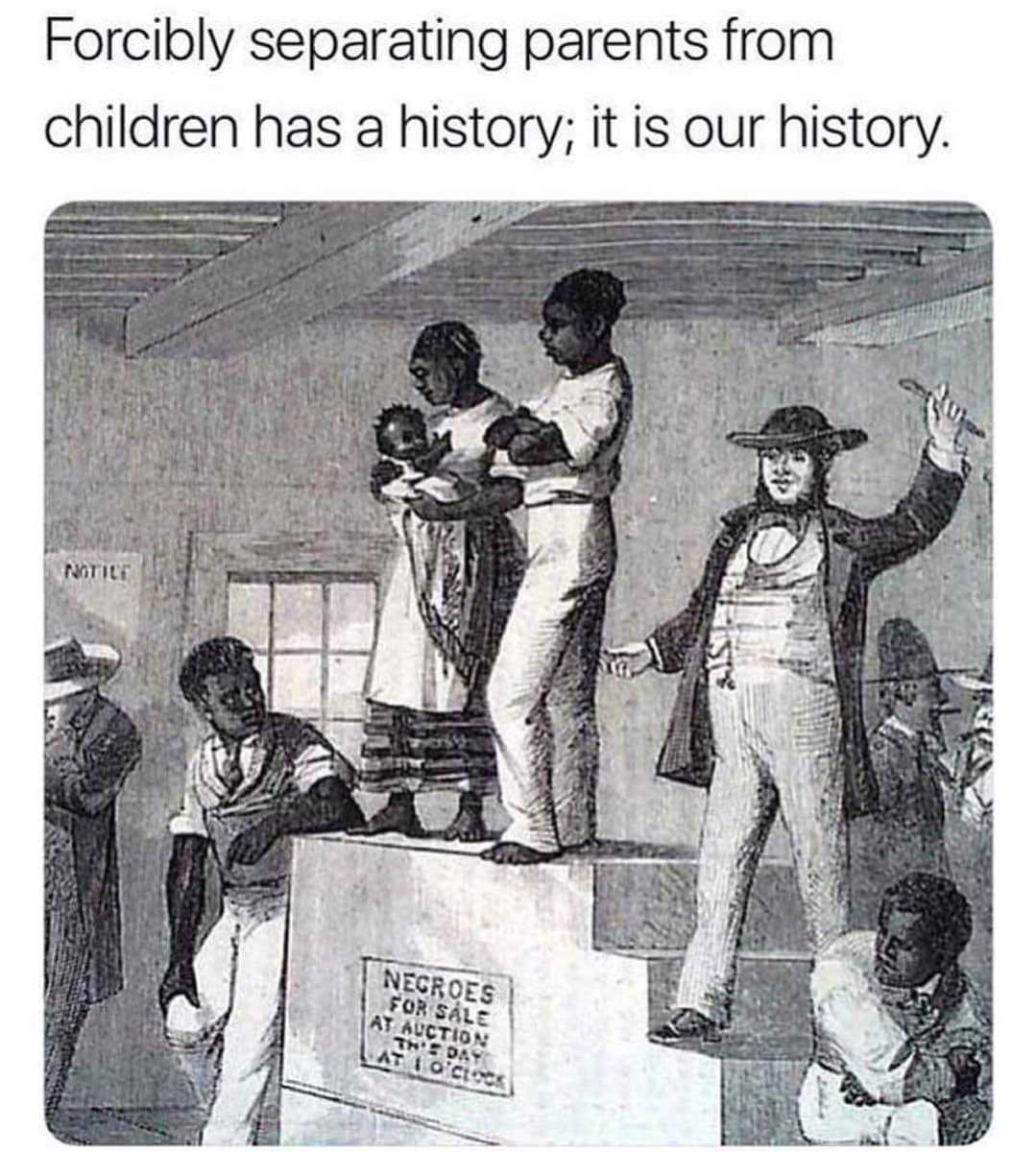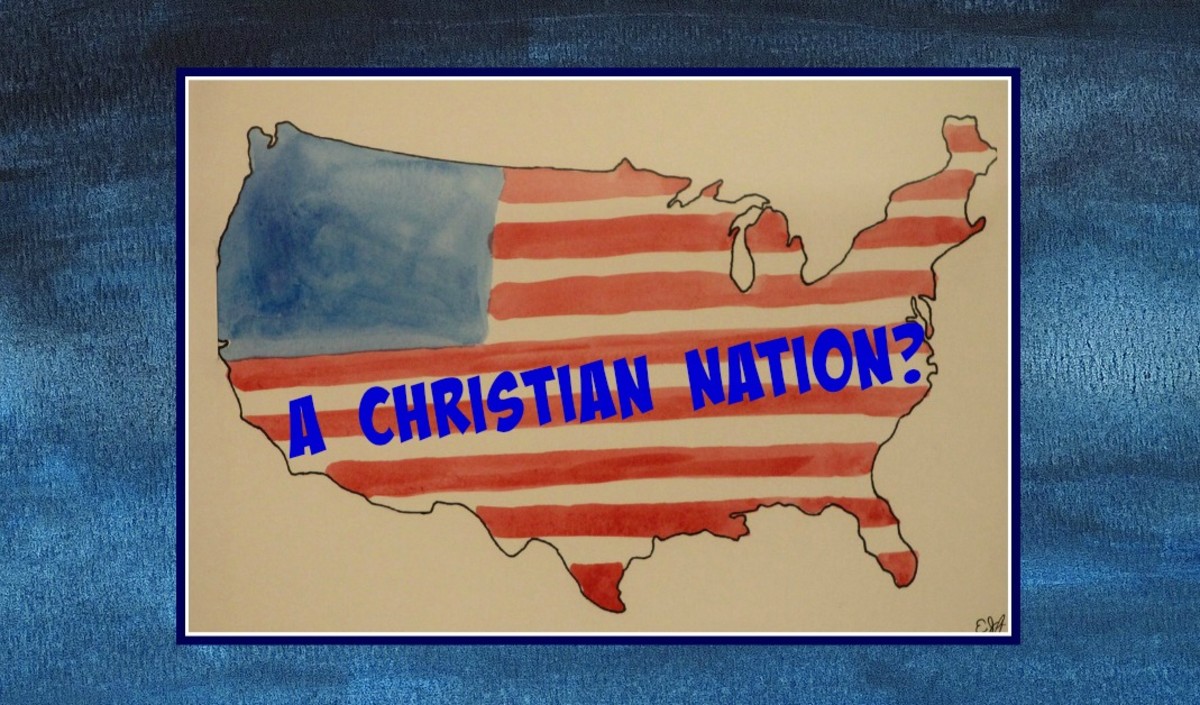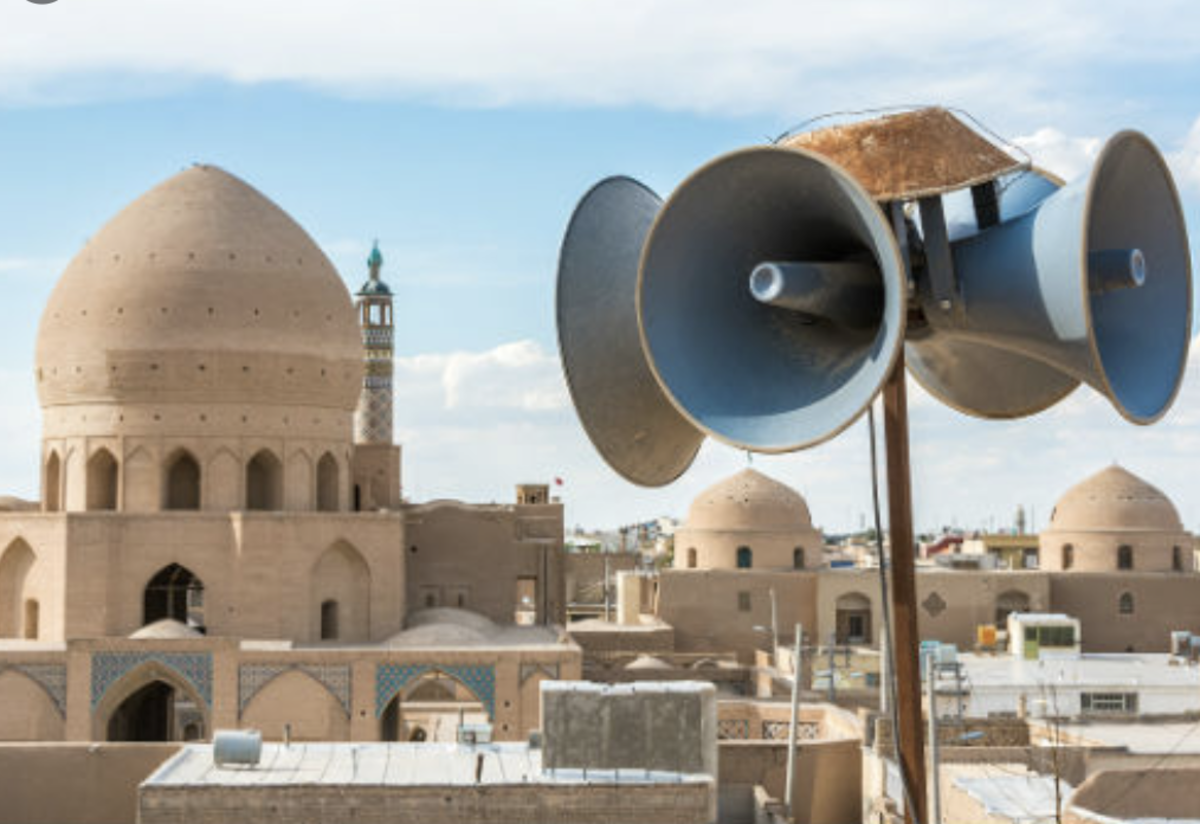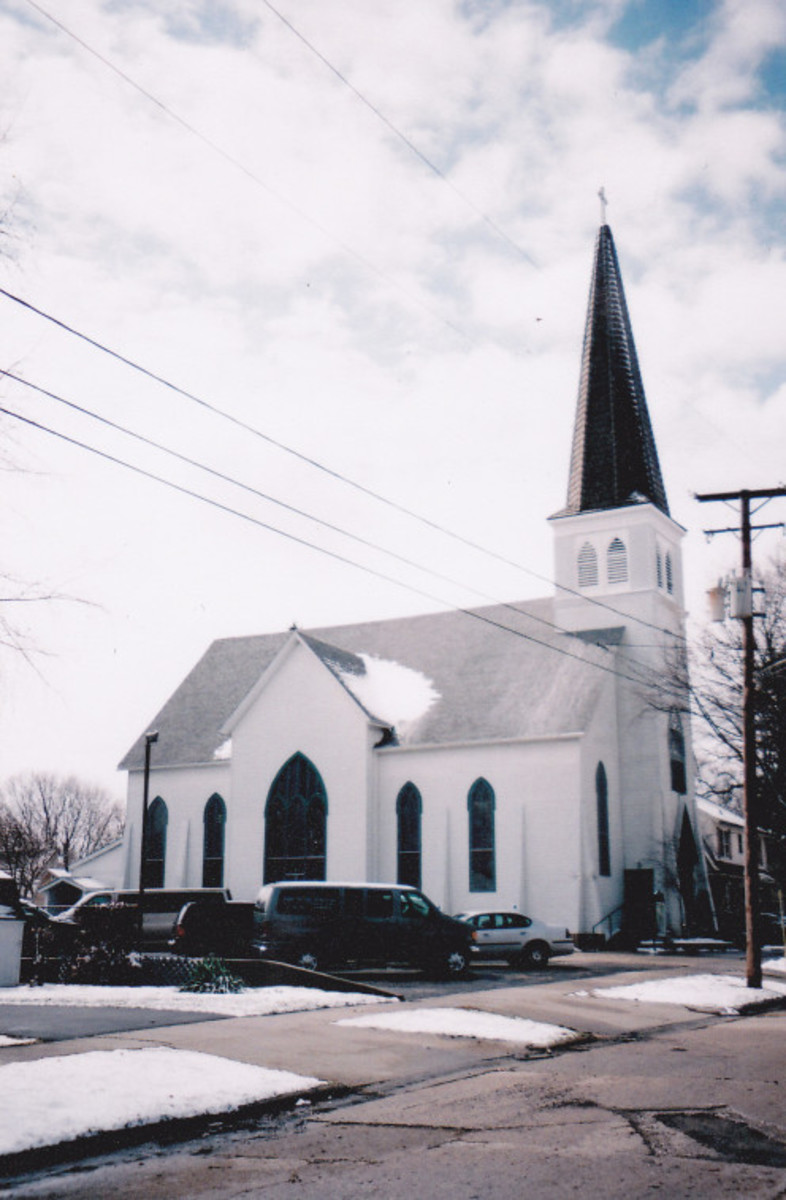Being Black in America: Chosen People and the God of Freedom
America: A Covenant Land of God
When the waters of the great flood receded, the lands of the Americas became consecrated—set apart by divine appointment. Only those led by the Spirit were permitted to inhabit them. To the prophet Nephi, the Lord declared:
“Wherefore, I will consecrate this land unto thy seed, and them who shall be numbered among thy seed, forever, for the land of their inheritance; for it is a choice land, saith God unto me, above all other lands. Wherefore I will have all men that dwell thereon that they shall worship me, saith God.” (2 Nephi 10:19)
This covenant established the Americas—most prominently the United States—as sacred ground, a land of liberty under God. The promise is clear but conditional: those who dwell here must worship the God of the land, or their prosperity will fade.
The Nephites once received this promise and lost it through unbelief. Centuries later, God’s design moved again through history, guiding those whose hearts stirred toward exploration. Among them was Christopher Columbus—an imperfect man, yet inspired by divine restlessness. His voyages drew the eyes of the Old World toward the New, setting in motion events that would give rise to a nation built upon liberty as covenant.
Moroni, the final prophet of The Book of Mormon, extended this decree to all who would one day possess the land:
“For behold, this is a land which is choice above all other lands; wherefore he that doth possess it shall serve God or shall be swept off; for it is the everlasting decree of God.… Behold, this is a choice land, and whatsoever nation shall possess it shall be free from bondage, and from captivity, and from all other nations under heaven, if they will but serve the God of the land, who is Jesus Christ.” (Ether 2:10, 12)
From this ancient decree emerges a pattern with startling relevance to modern America: liberty is inseparably tied to righteousness. Freedom in this land endures only where devotion endures.
Even the framers of the Constitution, though separated by centuries from Moroni’s record, echoed the same covenantal principle. John Adams wrote, “Our Constitution was made only for a moral and religious people. It is wholly inadequate to the government of any other.” [1] The harmony between prophetic record and constitutional foresight affirms that the American experiment was never meant to exist apart from divine accountability.
While other nations in the Western Hemisphere share the soil of the Americas, none has reflected this covenant more directly than the United States. Its founding documents—rooted in natural law, liberty of conscience, and covenantal order—mirror the divine conditions given to ancient peoples. The promise remains: as long as this nation serves the God of the land, it will remain free from bondage and captivity.
No foreign power has conquered the United States; its gravest dangers have always arisen from within—spiritual apathy, moral decay, and division of purpose.
Order matters. Discipleship to Jesus Christ forms the foundation upon which national covenants rest. Citizenship expresses that covenant through civic virtue and stewardship. Heritage—our cultural inheritance—becomes a sacred trust to serve both God and country.
The covenant, therefore, encompasses every inhabitant—immigrant, pioneer, and those carried here by force. Those brought from Africa in bondage were not outside its reach but drawn into its unfolding by divine orchestration. Their endurance and faith became the conscience of the nation, a mirror through which America measures her faithfulness to God’s promise.
This truth does not exclude other nations from divine favor, but it does affirm that the United States holds a distinctive stewardship in sacred history—a land chosen, accountable, and bound by covenant.
Chosen: set apart, distinguished, special, or peculiar. (Author’s definition)
A Nation Tested by Injustice and Redeemed by Faith
Every people brought to the United States arrived by some degree of providence—pilgrims seeking worship, explorers seeking promise, and Africans carried in chains. Each was drawn into the same unfolding covenant that defines America’s divine stewardship. Yet divine favor does not shield a nation from judgment; it magnifies accountability. The American covenant was tested most severely when liberty was granted to some and denied to others. The enslavement of millions of Africans became both the nation’s shame and its refining fire—a question to its conscience and a measure of its faith. Whether America would remain the land of promise depended on whether it would remember the God who consecrated its soil.
Yet even amid that contradiction, Providence did not withdraw Its hand; through suffering, God began the long work of saving the innocent life—reminding the nation that redemption, not abandonment, is the final measure of divine justice.
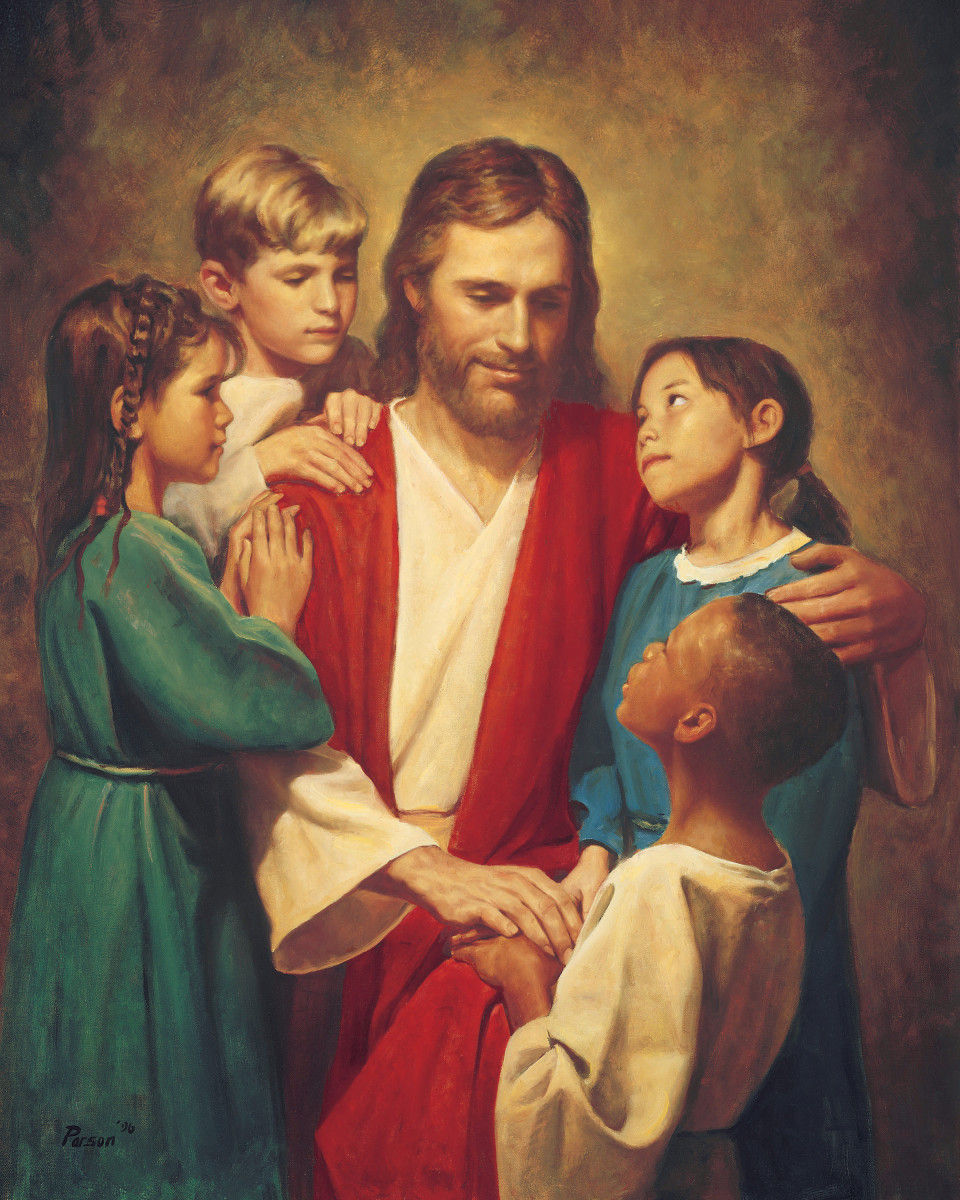
Jesus Is the Key to America’s Freedom
God promised that if the people of the lands of America worship Him, they would not be in bondage. This covenant raises an important question: did Americans of African heritage stop worshiping the God of this land in the 1600s?
When Africans first arrived in the Americas, they were not slaves. Many came as indentured servants—men and women who, like others, labored under contract and later received freedom after a set term. Over time, however, God allowed Europeans to establish colonial laws that gradually stripped the rights of those of African descent born within the United States.
The irony of this moral descent is profound. The Whites themselves were in bondage as long as slavery endured, for a nation cannot enslave others without corrupting its own soul. The conscience of society could not fully suppress the truth—that Black people were human, despite the chains that denied it.
Many White Americans had their minds darkened to the full measure of truth, yet God placed it in the hearts of inspired men to write documents that bore divine fingerprints: the Declaration of Independence and the Constitution of the United States. These documents looked back into the nation’s soul and exposed its contradictions. Before long, men and women of conscience rose to defend their Black brethren, insisting that the founding promises be applied with equity.
The divine covenant remains: if the people of this nation serve Jesus Christ, they will be free from bondage, captivity, and dependence on every other nation. If Americans of African descent serve Jesus Christ, they too will be free from bondage—meaning racist disenfranchisement; free from captivity—meaning unjust imprisonment; and free from dependence on other nations—meaning America will again be admired as a beacon of liberty blessed under God.
Political activist Charlie Kirk once declared, “I’m nothing without Jesus… everything I do incorporates Jesus Christ.” [2] The truth of that conviction extends beyond politics. It is the covenant Moroni testified of and the enduring promise that freedom in America—whether for Black or White—remains secure only in Christ.
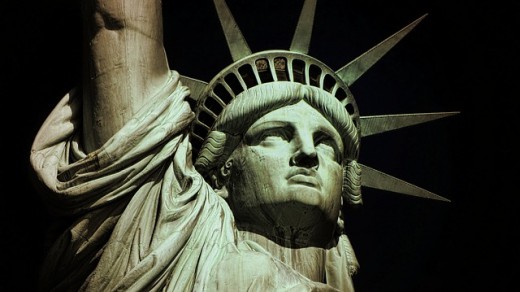
Blacks of America: A Chosen People of God
African peoples have long been a “hiss and a byword among the Gentile nations”—mocked, misunderstood, and marginalized, especially across Europe and the Americas. Americans of African descent know, perhaps more than most, what it means to be despised and rejected, to be men and women of sorrow and acquainted with grief. For reasons known fully only to God, He allowed such bruising to occur—not as neglect, but as testing. Every covenant people is refined in the furnace of affliction; the children of Africa are no exception.
God tries or tests all of His people. Among many nations and tribes, this group—Americans who are Black—stands as both chosen and marked, a people shaped by divine intent. Every nation that came to the lands of America was led here by the Lord, whether by choice or compulsion. As the ancient patriarch Lehi declared, “There shall none come into this land save they shall be brought by the hand of the Lord” (2 Nephi 1:6).
The land bridge through which early peoples crossed into Alaska—led by God.
The Norse and other explorers who reached the western seas—led by God.
The Pilgrims, the Conquistadors, the French settlers, and the enslaved Africans—all led here by divine design.
Most Africans, tragically, came by force. Yet even their suffering was not invisible to Providence. Perhaps their hearts were bound to Africa with such enduring love that only by compulsion could they fulfill the divine purpose of mingling nations upon this covenant land. God often uses flawed instruments to bring about His will. Through the arrogance of some, He accomplished the migration of millions.
The mixture of peoples in the United States was not accidental—it was orchestrated to fulfill a divine purpose for humanity. Love God and love each other are the two great directives of Jesus Christ, and the diversity of the American nation provides the living laboratory in which those commandments are tested. America’s destiny depends on a people of conscience—rooted in faith, unshakable in purpose, unwilling to surrender. That destiny cannot be realized without the faith and contribution of Americans who are Black, who remain a chosen part of God’s unfolding design for freedom.
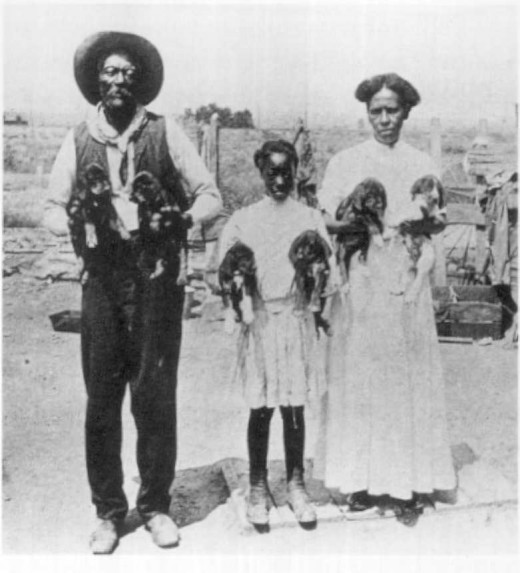
I, Lehi, prophesy according to the workings of the Spirit which is in me, that there shall none come into this land save they shall be brought by the hand of the Lord.
— 2 Nephi 1:6Exile, Suffering, and Deliverance Through Christ
The first generations of Latter-day Saint pioneers suffered exile and extermination orders before the Lord prospered them. Driven from their homes and lands, they were led westward—guided by faith, sustained by covenant, and eventually gathered in the valleys of Utah, where they built a culture rooted in labor, devotion, and divine resilience. Today, their descendants influence some of the most august councils in the world, a testament to endurance rewarded by Providence.
The Jews likewise endured exile, slavery, and near annihilation before the Lord prospered them. Through centuries of persecution, they preserved covenant identity until a nation of Israel again stood among the powers of the earth—its inheritance secured, in part, by the Gentile nations that had once scattered them. What was once destruction became deliverance.
Americans who are Black have shared a similar pattern of suffering in the United States—exile within their own homeland, slavery under their own Constitution, and at times, extermination through violence and systemic erasure. Allegations of deliberate plots to destroy Black communities persist, and while unproven in their totality, history bears enough scars to make such fears believable. Yet even in this, God’s providence has not been absent. Their suffering has been, and continues to be, turned toward divine purpose. Americans who are Black prosper when they embrace the liberating message of Jesus Christ, who redeems not only the soul, but also the story of a people.
Slavery broke their bodies; faith rebuilt their souls. The Civil Rights Movement sought justice and redress, but only Jesus Christ can save them—all of them. For despite the politics of the age, one truth remains constant and eternal: Black lives matter to Jesus.
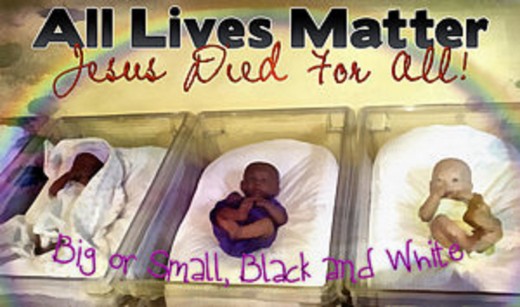
Serving God by Serving Each Other
Americans who are Black are not meant to be a separate people when it comes to their blessings within this nation. They will not inherit a separate land or government of their own—such was attempted with Liberia, and history records the outcome. The call for division was never God’s intent.
Americans who are Black are meant to remain in this land and help build a nation of promise alongside all other races of America—all worshipping the God of this land, who is Jesus Christ. The Constitution of the United States stands as the binding document of that covenant. God provided it for all races and for people of all faiths, regardless of heritage, long before any of them became Americans.
To serve the God of this land means to safeguard the right of every person to worship according to conscience, with full protection under the law. Whatever faith they hold, when we defend each other’s liberty, we serve the God of America by serving one another.
“And behold, I tell you these things that ye may learn wisdom; that ye may learn that when ye are in the service of your fellow beings ye are only in the service of your God.” — Mosiah 2:17
In the due time of the Lord, all faithful people will be united in one faith. Until that time, our divine commission is clear: to serve God by serving each other, ensuring that freedom endures through righteousness and compassion.
Political commentator Charlie Kirk once observed, “Our rights do not come from government—they come from God.” That conviction echoes the Constitution itself and reaffirms the covenant responsibility of every American: to preserve liberty under God.
Serving the God of the land, in this case, means protecting the right of each person to worship as they please with full protections under the law.
References
- John Adams to Massachusetts Militia, 11 October 1798 [1]
Adams, J. (1798). Address to the Officers of the First Brigade of the Third Division of the Militia of Massachusetts. In The Works of John Adams, Second President of the United States, Vol. IX (pp. 229–230). Boston: Little, Brown and Co. Retrieved fr
This content is accurate and true to the best of the author’s knowledge and is not meant to substitute for formal and individualized advice from a qualified professional.
© 2018 Rodric Anthony Johnson



